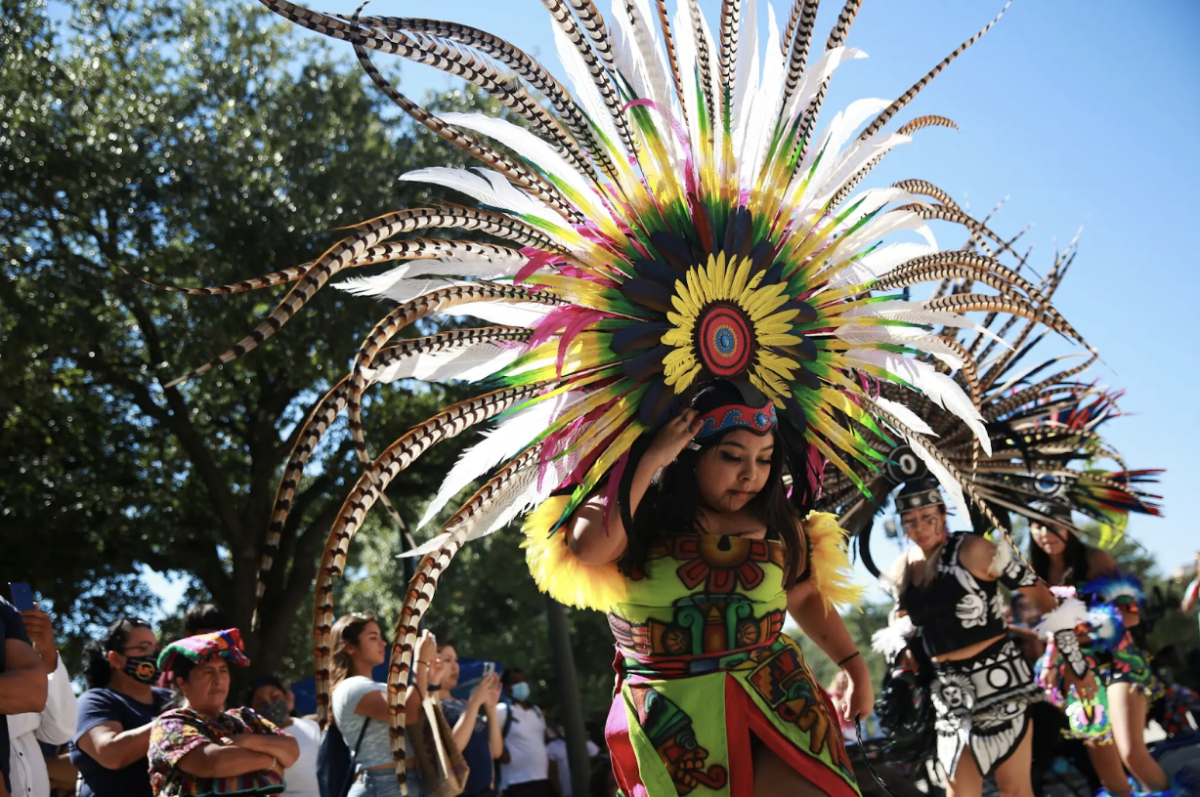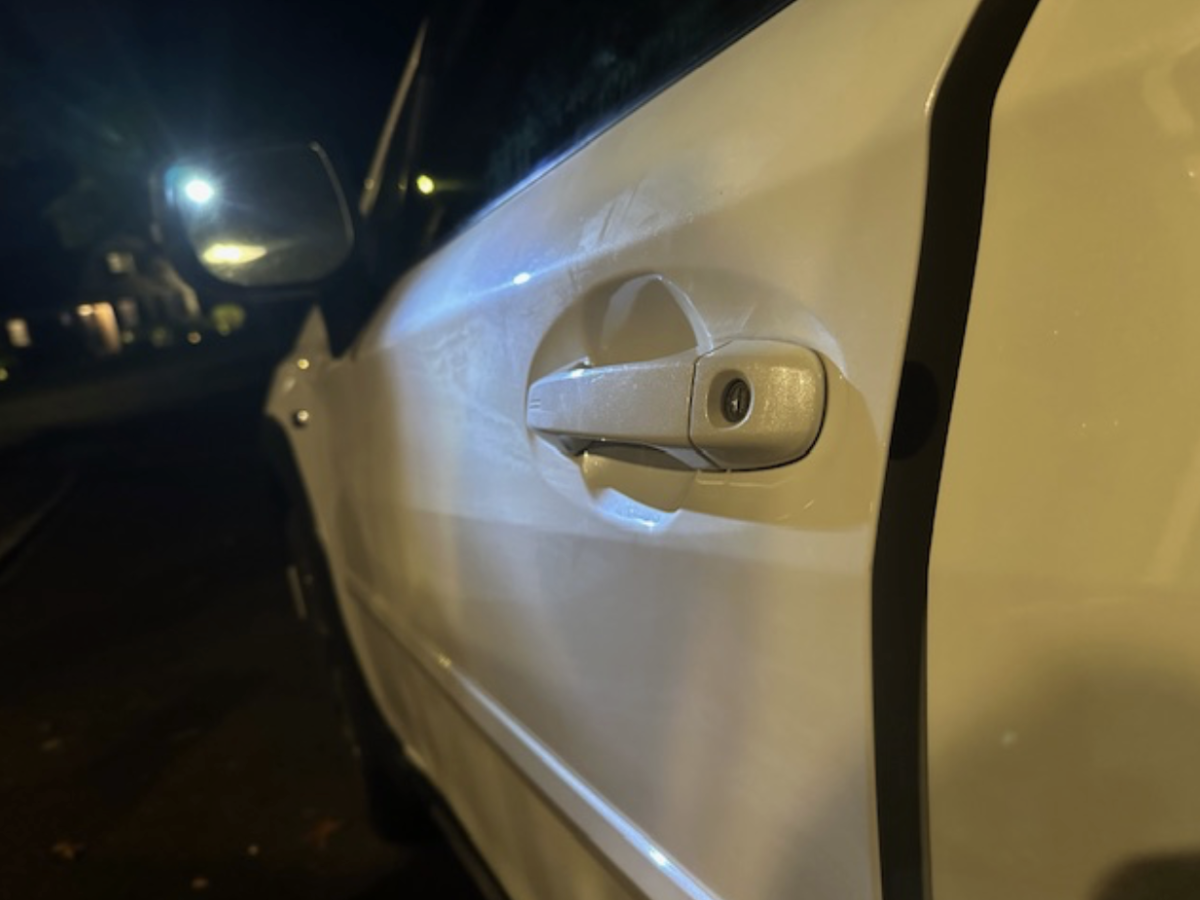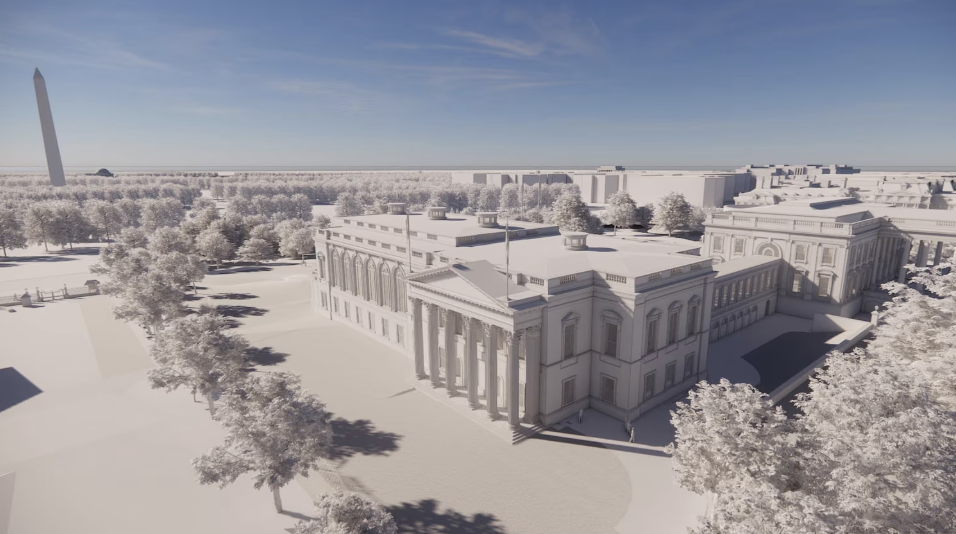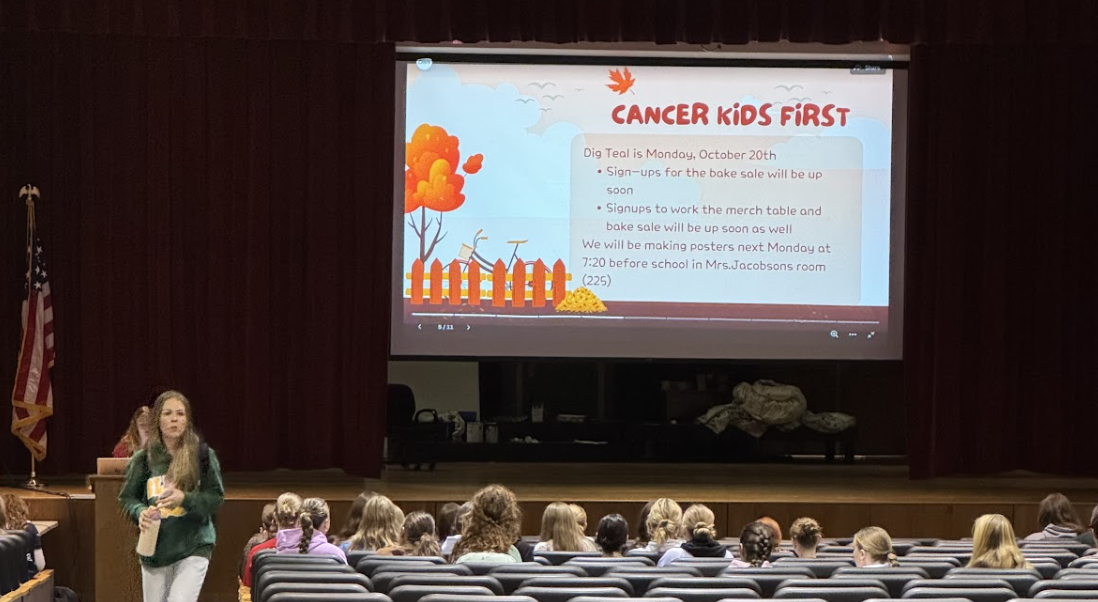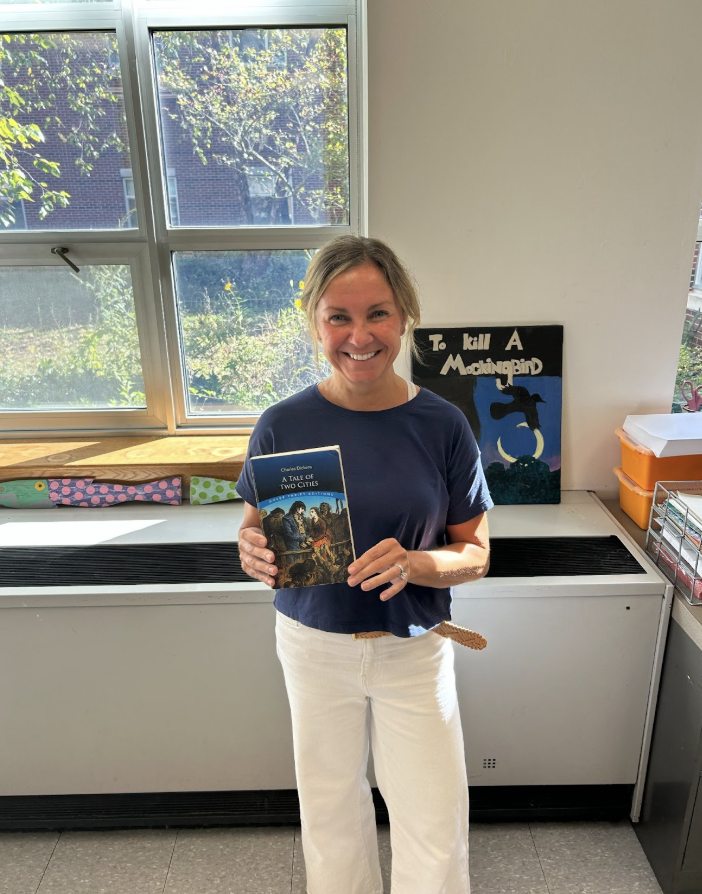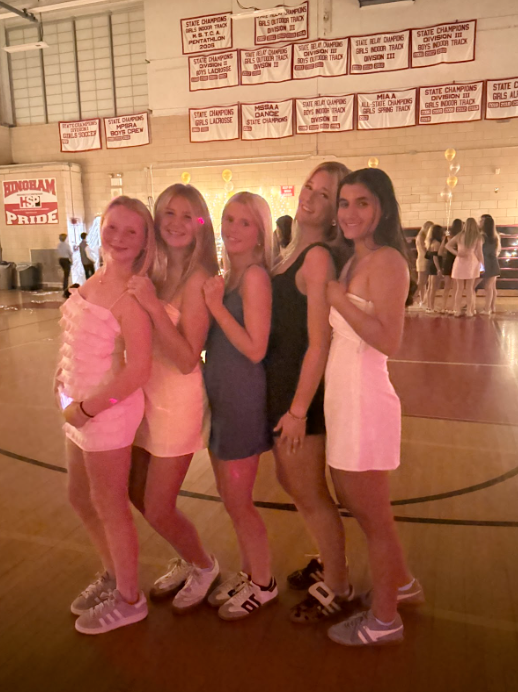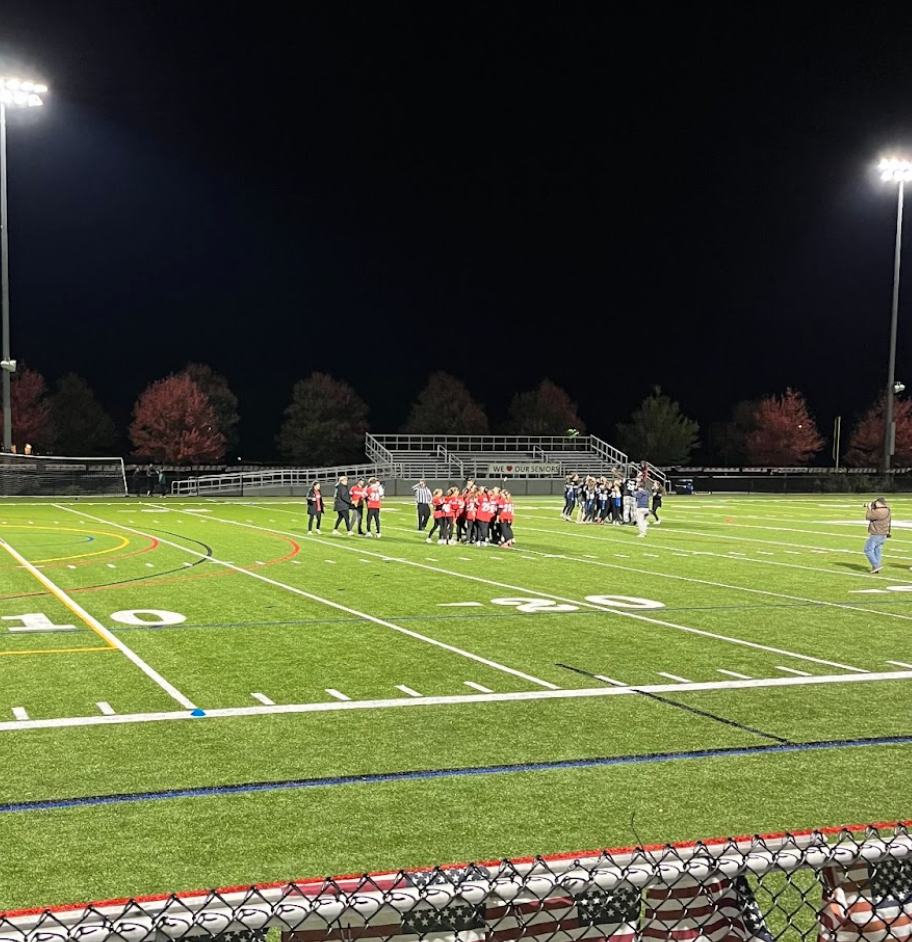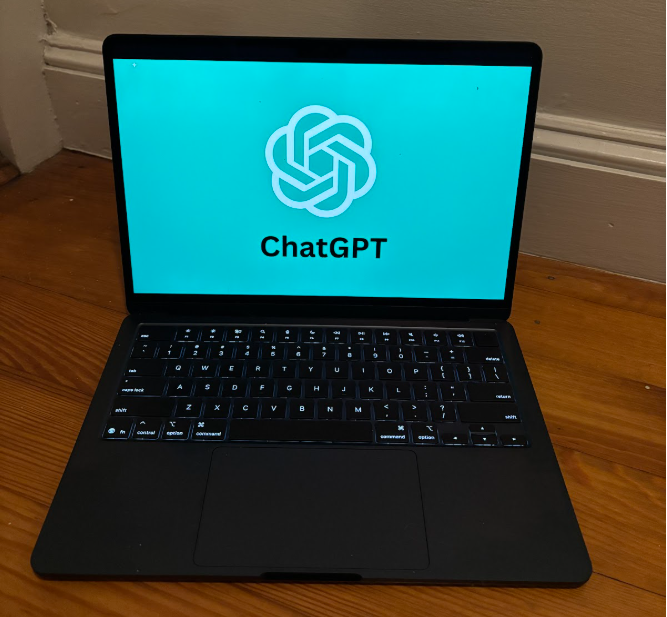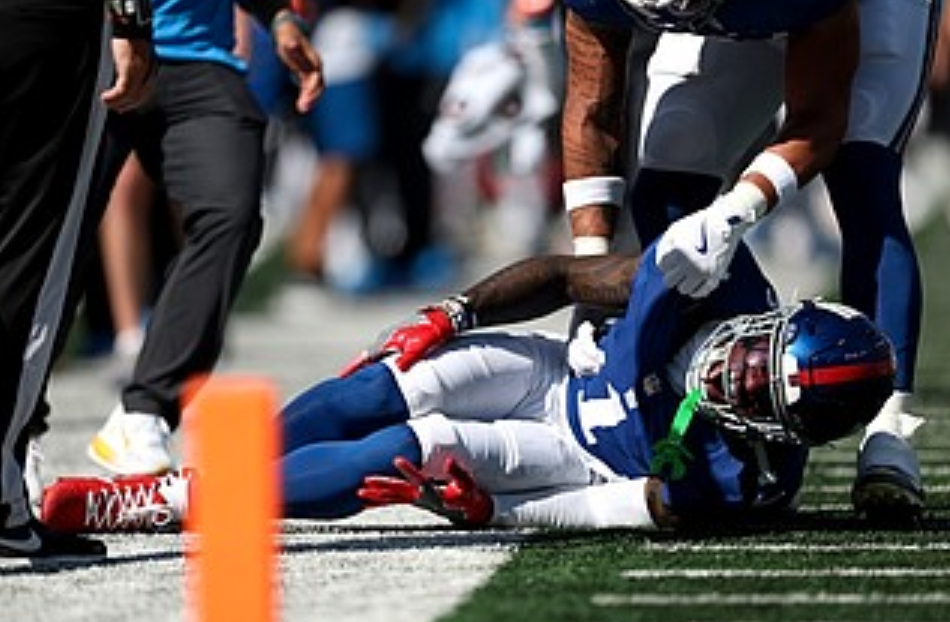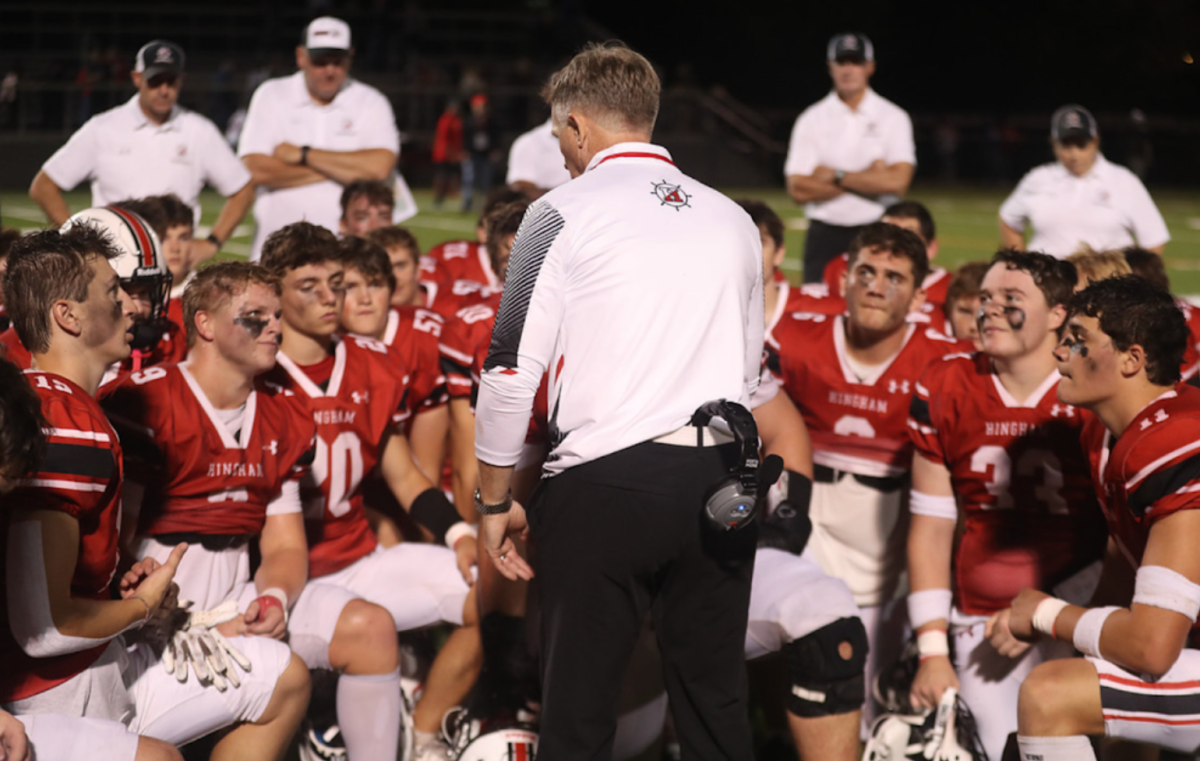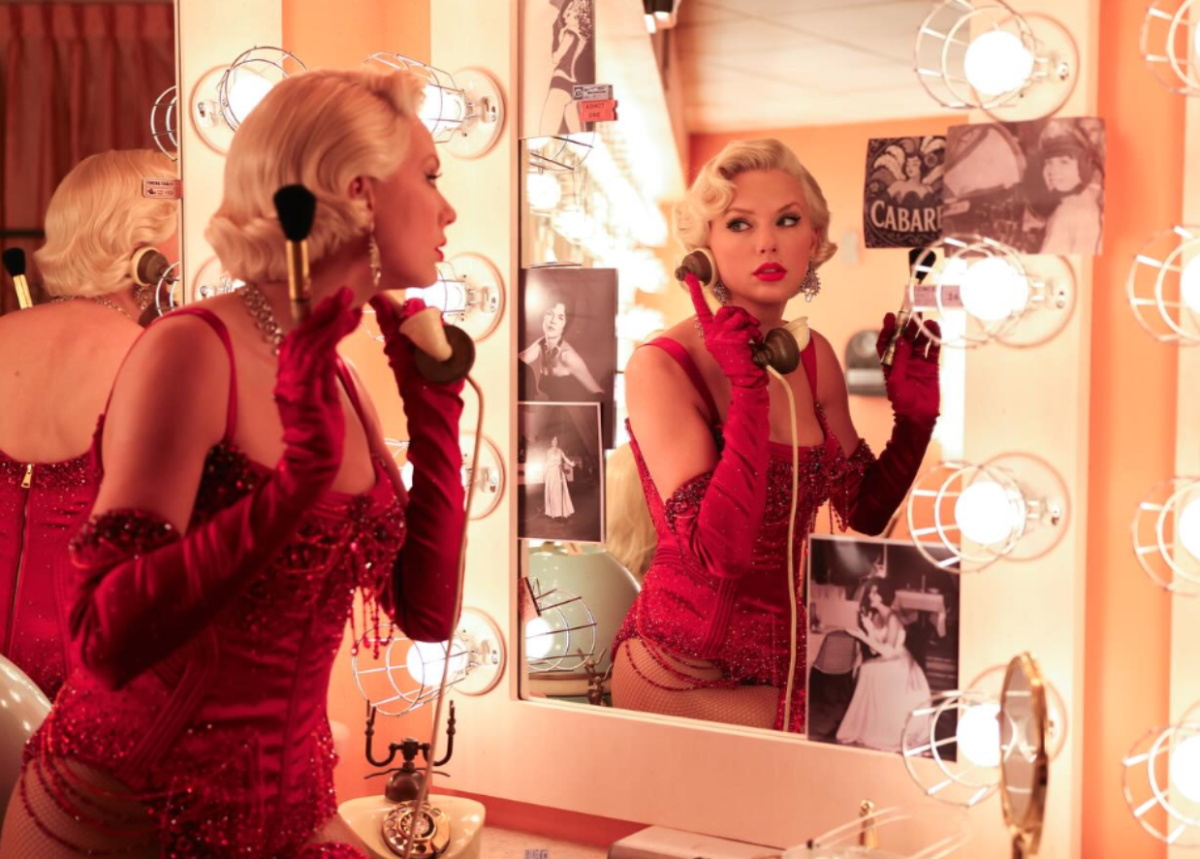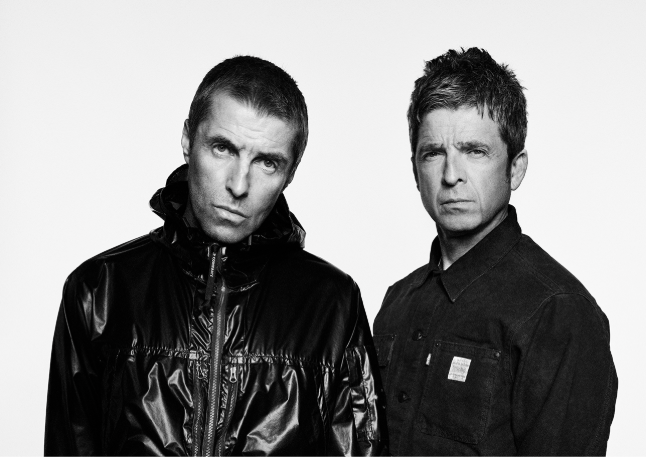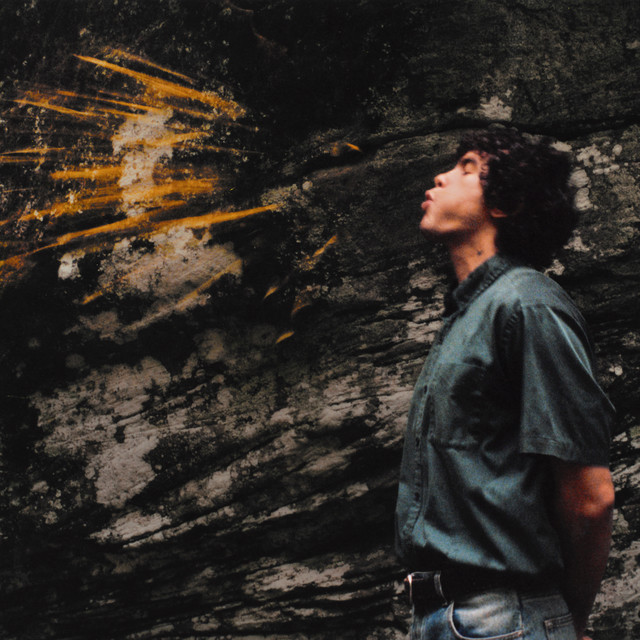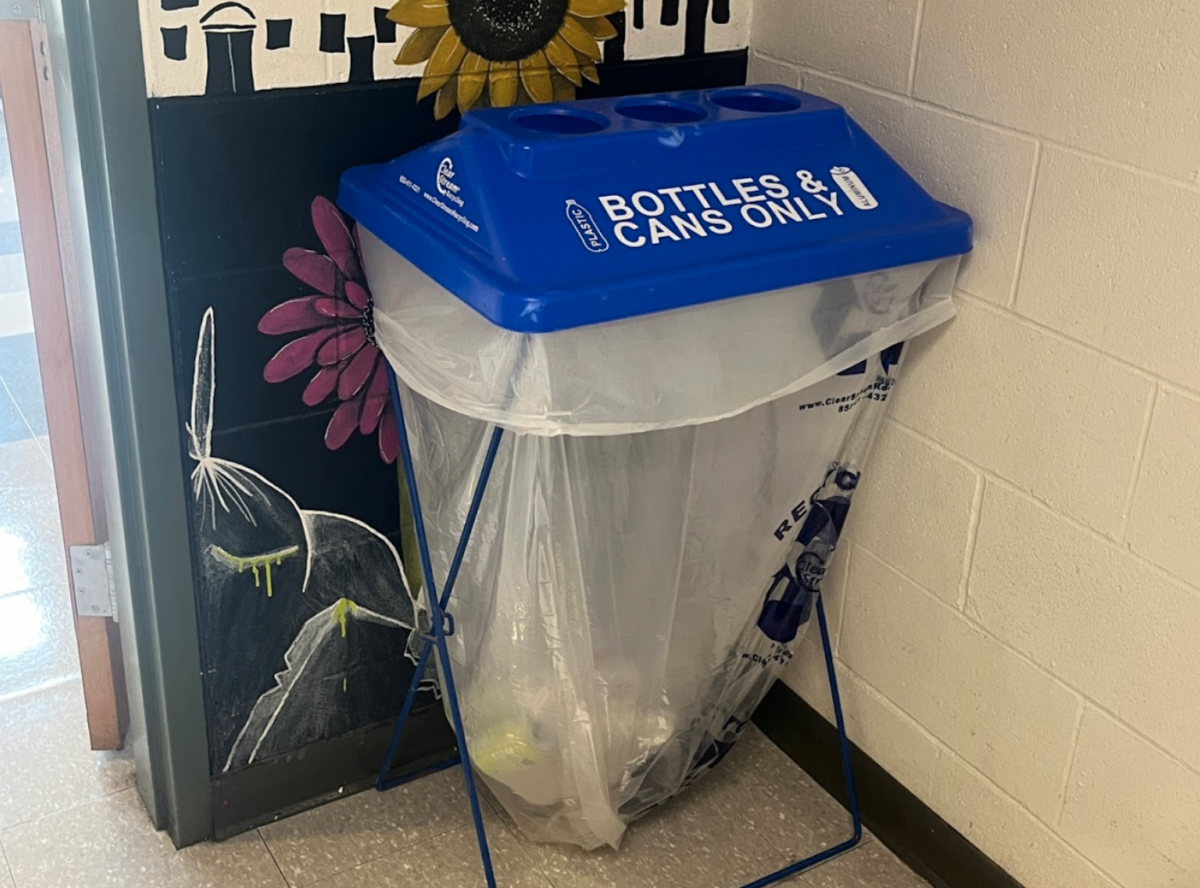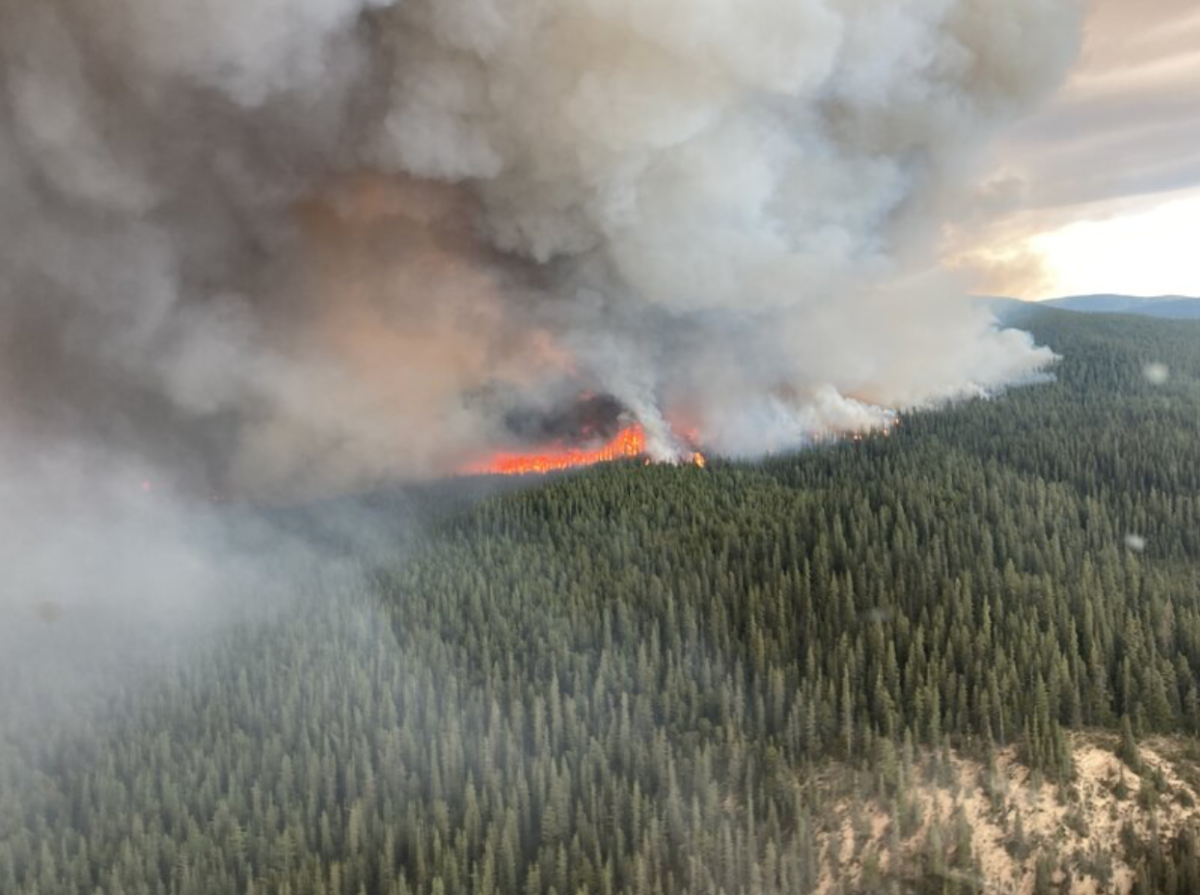A Blessing or a Curse: Security Cameras of Hingham High School

Can you spot the camera just across from the gymnasium doors?
March 6, 2016
Nearly two years ago, Hingham High School received a grant from the state to install security cameras to improve the safety of students and faculty. The real question is: do these cameras really improve safety, or are they just there? Several incidences of shootings in schools across the United States promoted installation of the security cameras.
First, in 1999, the major shooting of Columbine High School in Colorado began a new era of advancing security in schools. Then, after the more local and recent shooting of Sandy Hook Elementary School in Newtown, Connecticut in 2012, the state made security in schools a greater priority. The cameras are only located in public settings of the high school, such as the hallways, cafeteria, and exterior. All are easy to locate by the black sphere attached to a white base on a ceiling or wall. In total, there are approximately 40 cameras on the whole premise, and more are in the process of being installed.
When I embarked on a search to locate as many of the cameras as possible, I only located 13, without searching the exterior. Could there be hidden cameras in public places of the school? Possibly, as the law only prohibits hidden cameras in private settings. Pulling a heavy book from the shelf beside him, and placing it on the table, Officer Ford referenced the law that prohibits illegal recordings such as hidden cameras in private settings including bathrooms or classrooms. Having hidden, or not easily spotted, security cameras in public settings of the school is not a crime.
Now, you may be wondering, do these cameras even help with anything? Officer Ford thinks so. “The cameras are extremely useful,” he stated. Officer Ford has worked as the police officer of Hingham High School for four years. To become a school officer, he had to undergo special training, in addition, to the required courses needed to become a police officer. The cameras allow faculty to review any incidences such as stealing, vandalism or locating any suspicions if needed. “If students think we’re watching to see who is getting to class late, or shoving someone in the hallway—¬ we’re not,” Officer Ford added. “They’re there for safety.”
As each Hingham public school has security cameras that tape 24 hours a day, break-ins are prevented and less likely to occur. Officer Ford provided us with an example of the security cameras’ positive impact: Last year, an individual was spotted trying to break in to multiple cars in the front parking lot. Although the person never successfully broke into any cars, because of the security cameras, Officer Ford was able to review the tapes, identify the person, and alert them that they were spotted and not welcome in the parking lot. The person never returned on the premise of Hingham High School.
So, now you may wonder, how did we get these cameras in the first place? First, the Hingham Parent Teacher Organization (PTO) had to approve the idea of introducing security cameras into the school. Then, the state provided a security grant to the school, allowing the school to invest in installing the cameras.
Officer Ford has stated that there is only one limiting factor to the added security in our school: money. He also emphasized multiple times that in order for students to do their best work in school, they need to feel safe. “Safety is a priority,” he expressed, therefore, the cameras are a “quality of life issue.” However, no laws exist about security cameras being a necessity in any Massachusetts school, even with all their benefits. A new state law requires that every Massachusetts school district must have at least one certified police officer to serve just for the public schools of the district. In the Hingham School District, there are four officers.
Teachers and students seem to have mixed opinions on the cameras. Mrs. Allen, an English teacher for grades 9-12, felt that, “Any reasonable measure the school takes to ensure the security of students is okay in my book.” While the new foreign language teacher who has come as a long-¬term substitute, Monsieur/Señor Fleury, remarked: “I don’t think they’re useless, but I think having a teacher standing outside during transitions would be more efficient.” When I asked students their opinion of the cameras in the school, the majority took a second to think, and then replied with: “we have security cameras?!” or a comment on how they knew there were security cameras, but didn’t think they worked. As we live in a day and age where high-¬tech security has become a regularity and necessity due to the increasingly violent and complicated modern world, controversy over privacy has also become commonplace. News stories of privacy violations concerning security cameras commonly create a bad stigma of security cameras, and we easily forget the potential benefits they serve for our safety. Officer Ford ended my discussion with him with: “If there are any questions or concerns about the security of the school, always come and talk to me about it.”

